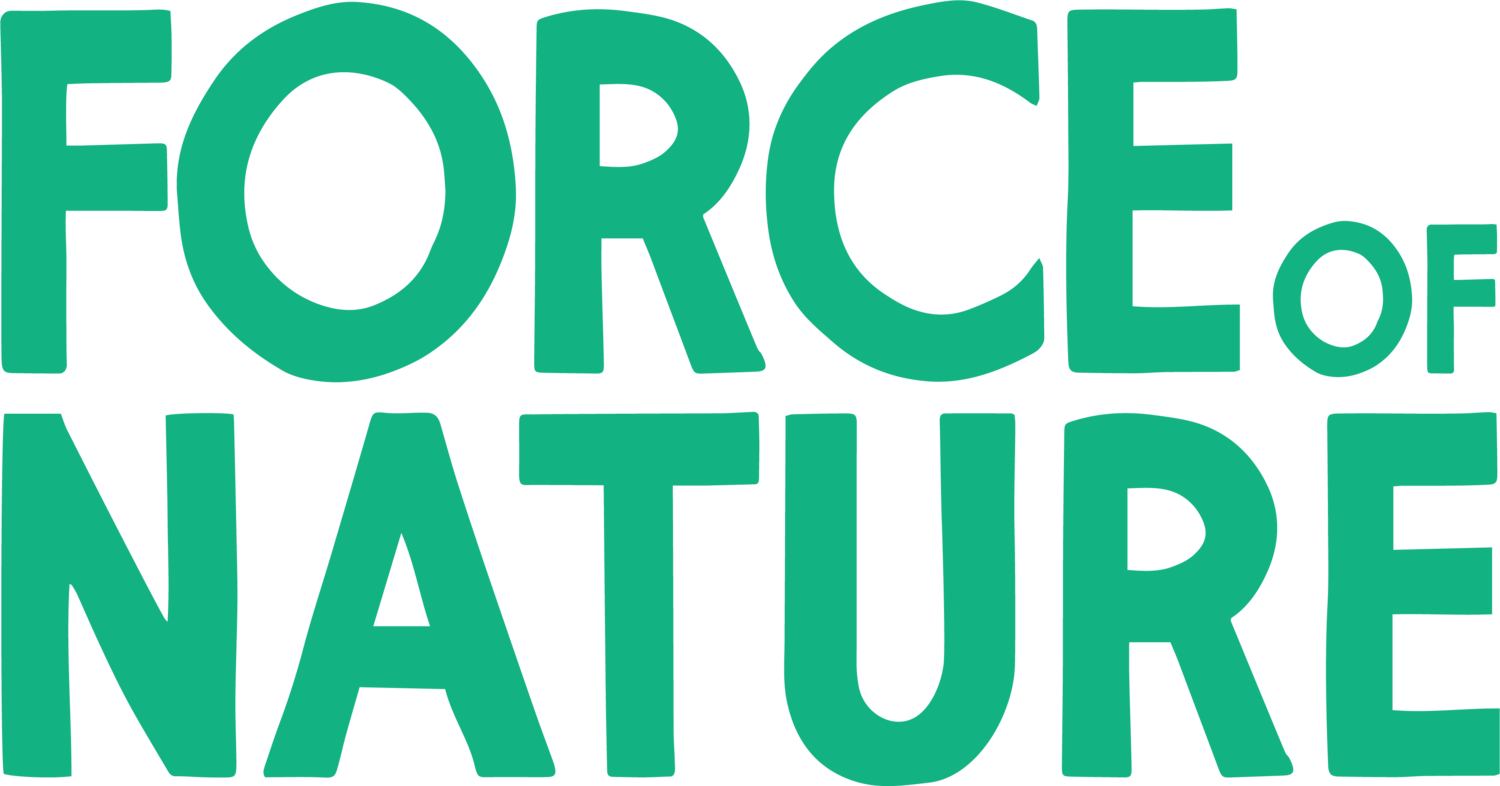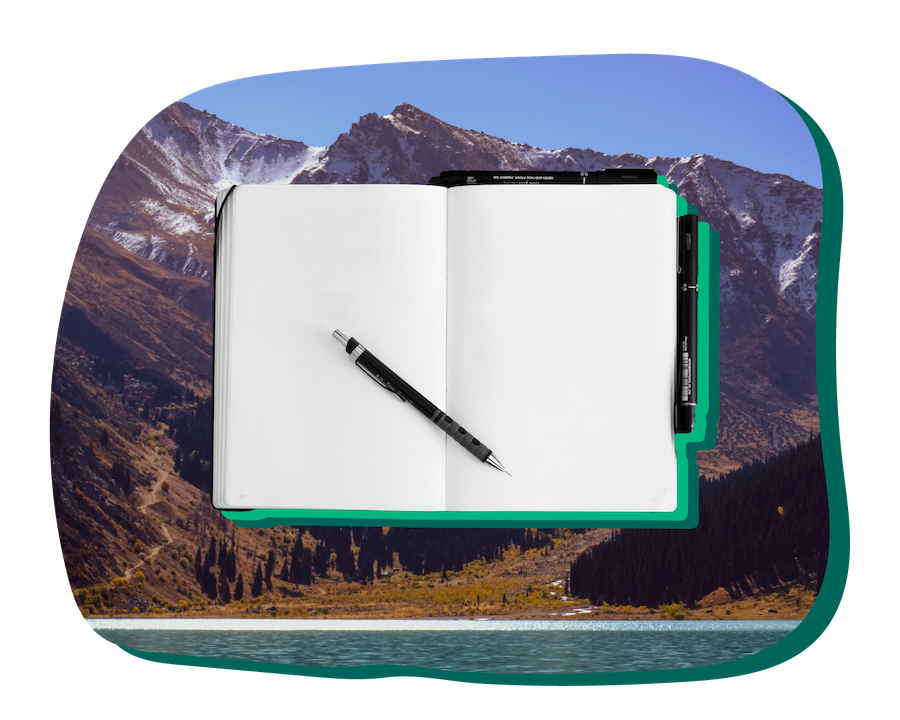From Anxiety To Agency — A Journey Of Non-Linear Growth
In the winter of 2020, I was studying abroad at the University of Edinburgh. I was on an exchange semester in my third year at McGill, for a degree in human and planetary health (a somewhat antagonistic relationship, concisely summed up by my father once as being “where the two biggest problems facing humankind meet”).
I love what I study. I find it stimulating, invigorating, and inspiring. But that spring in Edinburgh, I was exhausted. I was inundated with complex, terrifying information about the state of the world. Not only that, but I was quickly realising that my rigorous "education" wasn't setting me up to actually respond to the problems we were learning about. I had mistaken my ability to succeed in my classes with my ability to problem-solve; and that realisation was fuelling the fire of burn-out.
A friend recommended that I read an article in the Guardian about a young activist named Clover Hogan who was on the front lines of youth environmental activism. She was speaking about a phenomenon called “eco-anxiety”, or the feeling of overwhelming dread, nihilism and paralysis that can bubble to the surface when we look in the face of the climate crisis. This feeling, the article read, is particularly on the rise amongst young people who are faced by the imminence of the problem, but feel powerless to do anything to change it.
The Turning Point
This acknowledgment of the importance of mental health in solving the climate and ecological crisis could not have been more different to what I’d learnt at McGill. For years, I’d been told that in order to make a meaningful impact in a tough world, in order to even scratch the surface of time-sensitive crises like environmentalism, medicine, health, development, you had to vaccinate yourself against your feelings. By contrast, Clover argued that in order to find any sort of authentic agency, you had to tune into your own discomfort and “anxiety”, and cultivate resilience within yourself before being able to make a meaningful, sustainable impact.
Reading this was the first time I had given myself permission to be overwhelmed by the magnitude of the information I was grappling with. I sent Clover a message on Instagram, explaining who I was, where I was from, and thanking her for elucidating something that I had been trying to put my finger on for a long time. I left her my email and expected to receive radio silence. Two months later, after a hasty exodus from Scotland back to Canada, she emailed me back. She thanked me for my message, apologized for her late reply, and asked me to tell her a bit more about myself. We immediately clicked on our ideologies, and kept up a consistent correspondence through the Spring, until she called me on Skype at the end of April. She told me she had started a not-for-profit geared towards helping young people transition from a place of anxiety to agency, and said she felt that I would make an excellent addition to the core team as Curriculum Director. This is how I came to Force of Nature.
I told her I was massively underqualified; she told me that, as a young, critical-thinking person, anxious about the state of the planet, I basically had a PhD in eco-anxiety (and besides, she was trying to build a young and scrappy team). One year later, I’ve graduated and am full-time at Force of Nature - leading on our research and impact, delivering programmes to students around the world. We deliver workshops that help young people face their fear and anxiety head-on, discover their self-limiting beliefs, and overcome internal obstacles in order to face up to external ones. Our ethos is to shift from a place of powerlessness to a place of agency - not by “invisibilizing” our anxieties, but by acknowledging and challenging them.
I remember leaving classes in my second and third year about biodiversity loss, failing food security, cultural genocide, feeling as if I was wearing iron shoes. It never occurred to me that an overflowing filing cabinet of problems in my brain, without solutions in sight, was ripe for rot. Particularly in this new Zoom world, it felt as if there was no way to truly ‘switch off’. This year, my peers have started tentatively opening up about similar feelings of anxiety and unease while processing difficult content. This is the beginning of a long-overdue conversation, one that starts not with “what are you doing?” but, “how are you doing?”
Becoming a force of nature
I’ve found that emotional investment follows a classic “Goldilocks” rule - too little, you are unable to muster motivation. Too much, and your emotional-cognitive muscles fail from overstimulation. I’ve been mired in apathy on both ends, and as much as I would like to say that there is a neat “sweet spot” that enables us to turn anxiety into agency, it is in truth a trial and error process. It looks like being overwhelmed, taking time to unplug, and dwelling on spilled coffee and cancelled plans, even when there are bigger problems to fret about. It looks like figuring out how to balance taking care of yourself and taking care of others. “Mental health” needs to enter the lexicon we use when educating young people to take on the world’s messiest problems - otherwise, we are dooming a generation to burnout.
At Force of Nature, I want to create an open and accessible space for young people to step into their own unique forms of resilience and involvement in advocacy. We don’t claim to be psychologists, or have all the answers; however, we’re young people serving other young people, supporting them to arrive at their own answers. Inside and outside of the classroom, we talk about being scared. We express uncertainty in each other and in the state of the world. Young people breathe sighs of relief when allowed to let down the facade of climate indifference, to sit in their difficult feelings. We are continually surprised by how universal the feelings of powerlessness really are; but also how quick and adept young people are to reframe their feelings, and step into action. Above all, we take a moment to forgive ourselves for feeling overwhelmed or being too tired to “save the world”.
If I could give myself any advice, or advice to anyone feeling burnt out, or hopeless, or just plain exhausted, I would say “you can’t pour from an empty cup”. Force of Nature helped me realise that in order to show up to solve problems, I had to show up for myself first.











